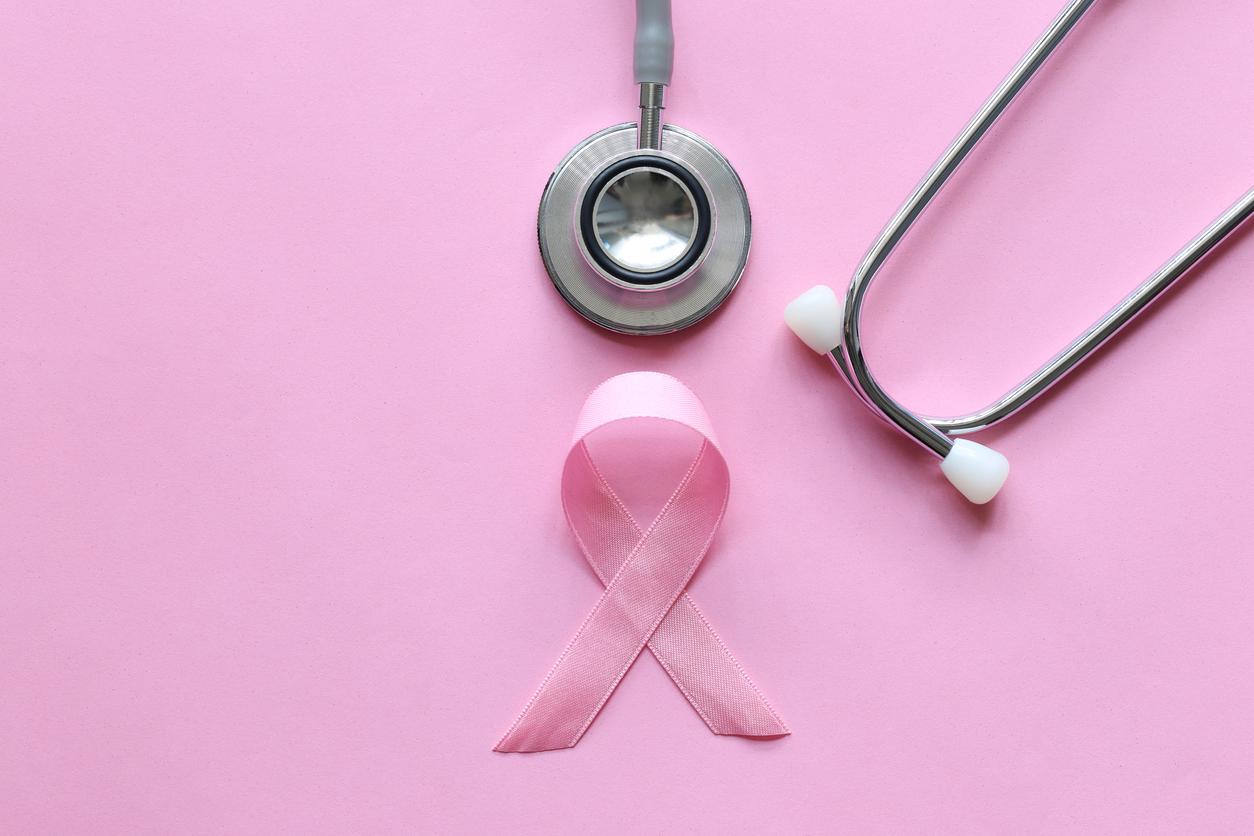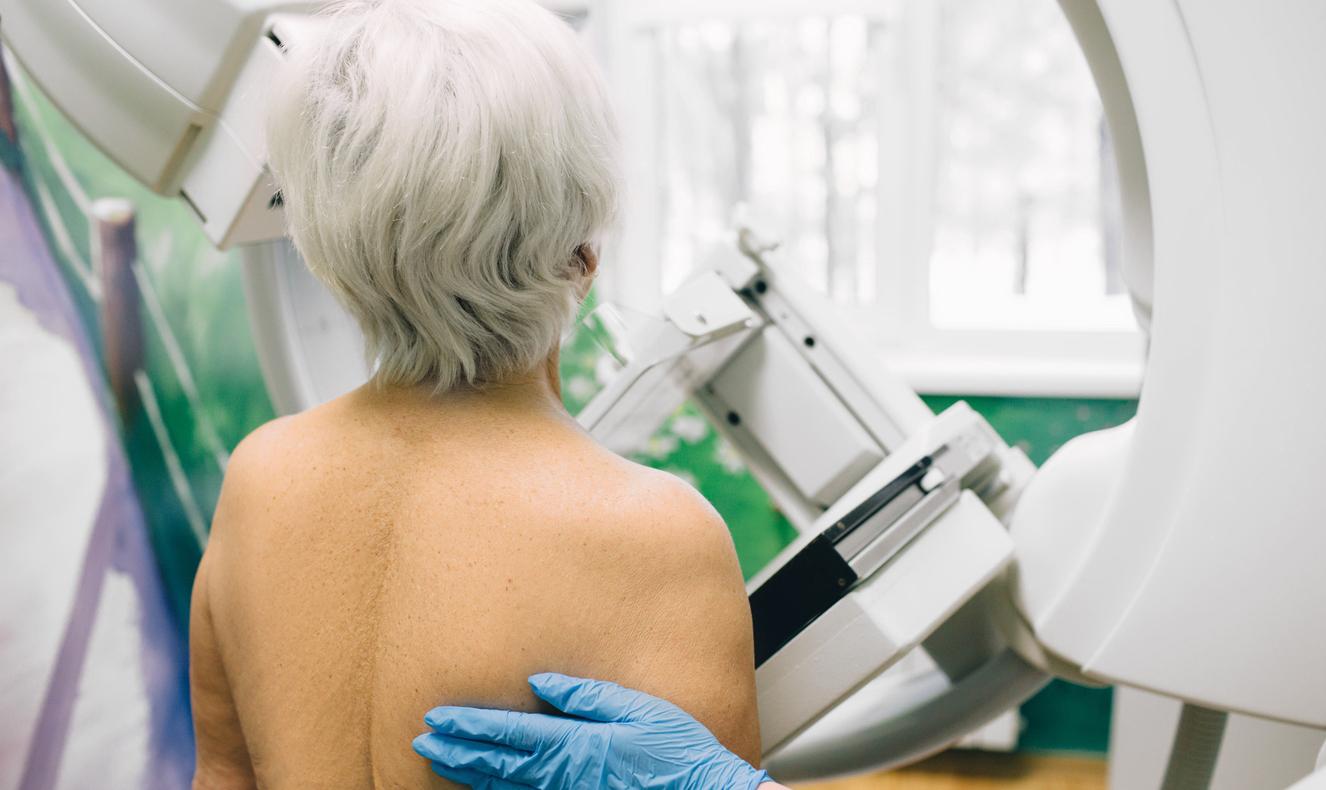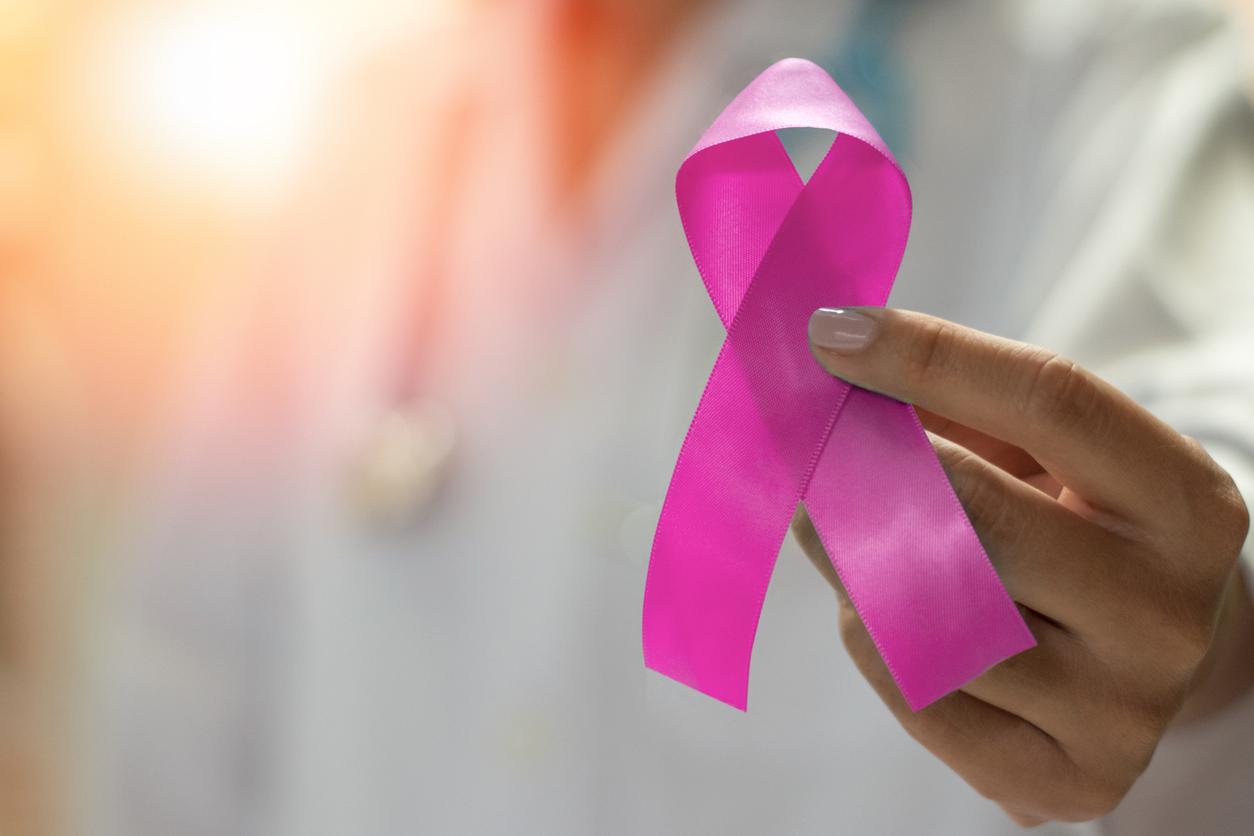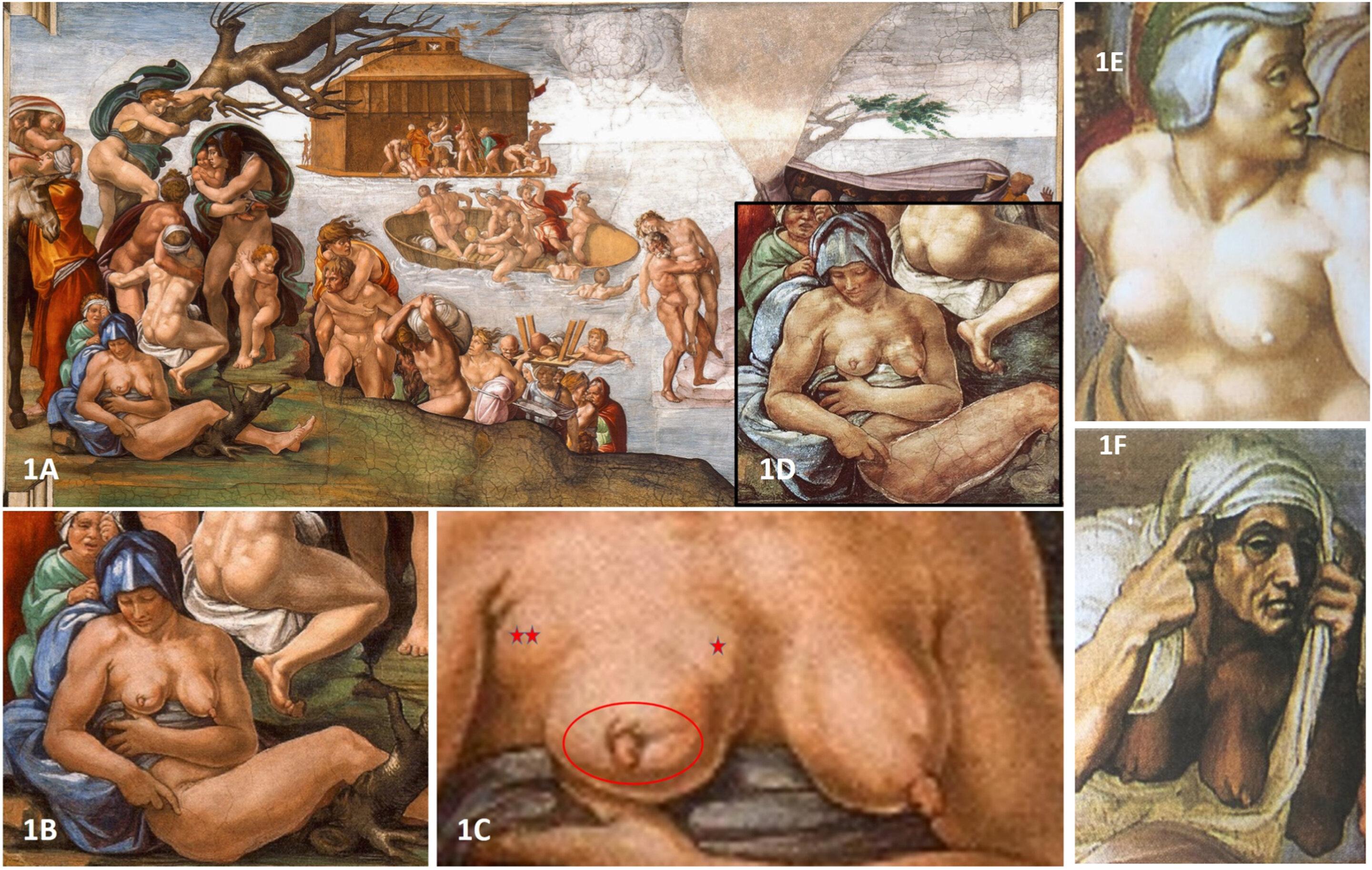Attempts are being made to treat breast cancer with radiation therapy that lasts only one minute. For Dr. Remy Salmon, questioned by Dr. Jean-François Lemoine, these therapies are not sufficiently effective.
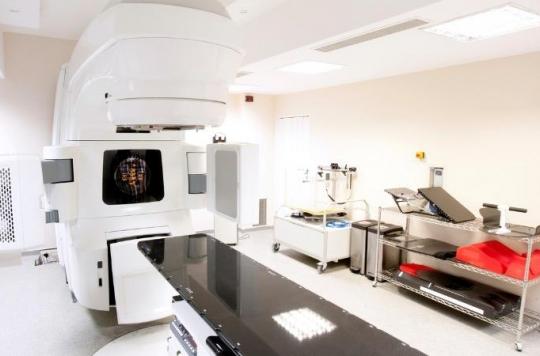
Breast cancer is the most common among women in France, compared to other cancers. In 9 out of 10 cases, it can be cured, if taken care of early enough. Scientific research is working to find more effective and ever less restrictive treatment options for women. Dr. Jean-François Lemoine interviewed Dr. Remy Salmon, cancer surgeon and breast cancer specialist, about radiotherapy in one minute. For the latter, this technique cannot be as effective as conventional radiotherapy.
Treating cancer on an outpatient basis
In Nice, within the Antoine Cassagne center, a researcher conducted a study on a patient to reduce the duration of radiotherapy. She had cancer at an early stage. Doctors performed ablations of the tumor in the morning, in the afternoon the patient underwent one-minute radiotherapy. Trials must be carried out on around forty patients to develop these therapies, which take place on an outpatient basis.
ancient techniques
Conventional radiotherapy lasts six weeks on average. At each session, the patient is exposed to X-rays for approximately 30 minutes. Dr. Salmon explains that the desire to reduce the time of irradiation is not new: “it used to be done, under the name of brachytherapy, we put lines on the breast, but it did not take a minute but 5 days “. Today, localized partial irradiation, these new radiotherapy techniques, do not seem more reliable to him. “The more doses of radiotherapy we give in a short time, he explains. The less good results you will have aesthetically. (…) The breasts become hard, and there are veins that stand out on the skin” .
It all depends on the type of tumor
The doctor explains that these techniques can be of interest in countries as large as the United States, because saving time can be an important argument. “There is a recurrence rate which is higher in partial accelerated irradiation of the breast than in conventional irradiation”, warns the oncologist. His arguments are not a total rejection of the study conducted in Nice, the researcher recalls that “the research that exists in France concerns very specific cases, where the tumors are small in size and have a good prognosis”. Radiotherapy in a minute, it’s not for now!
.







